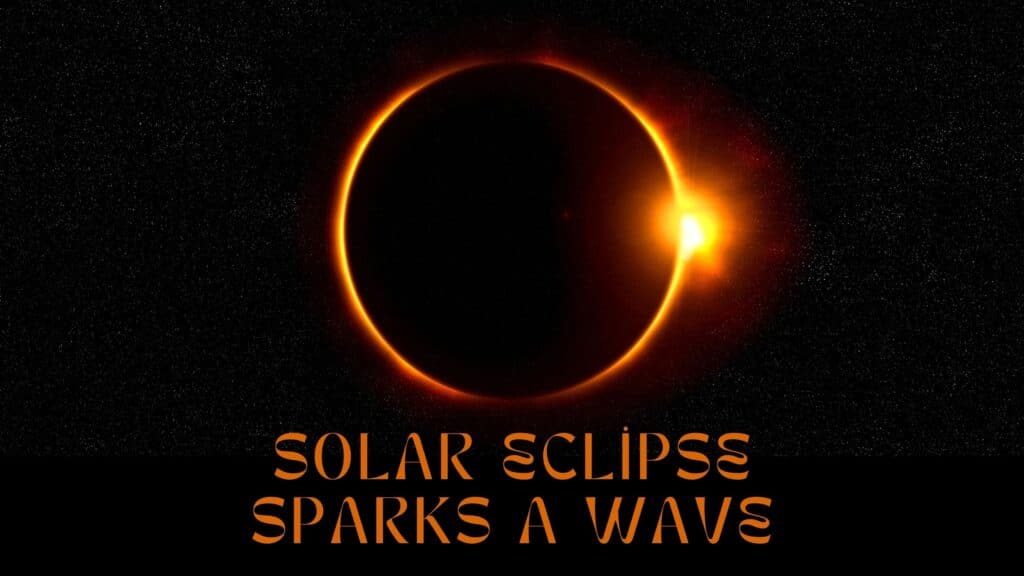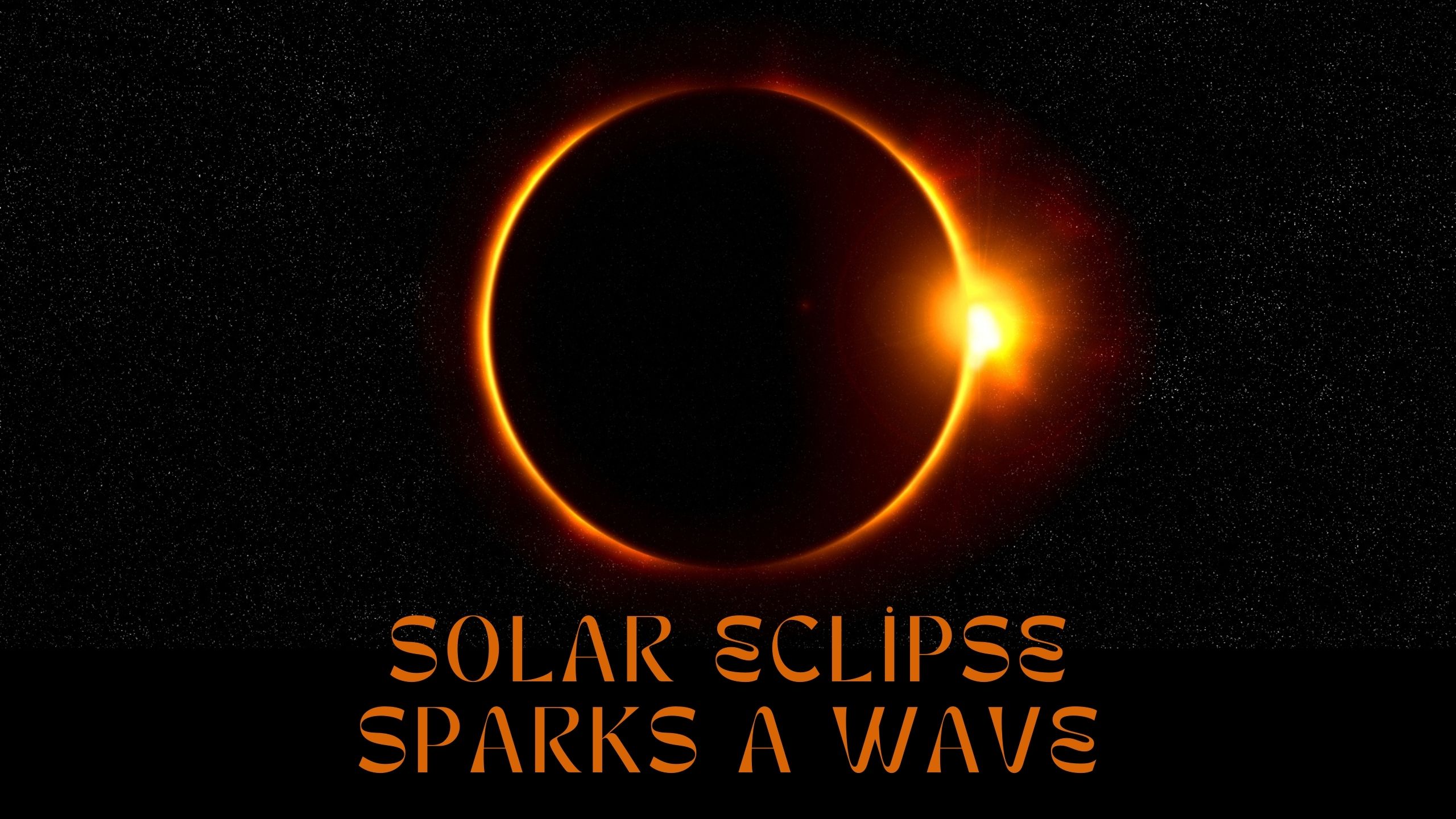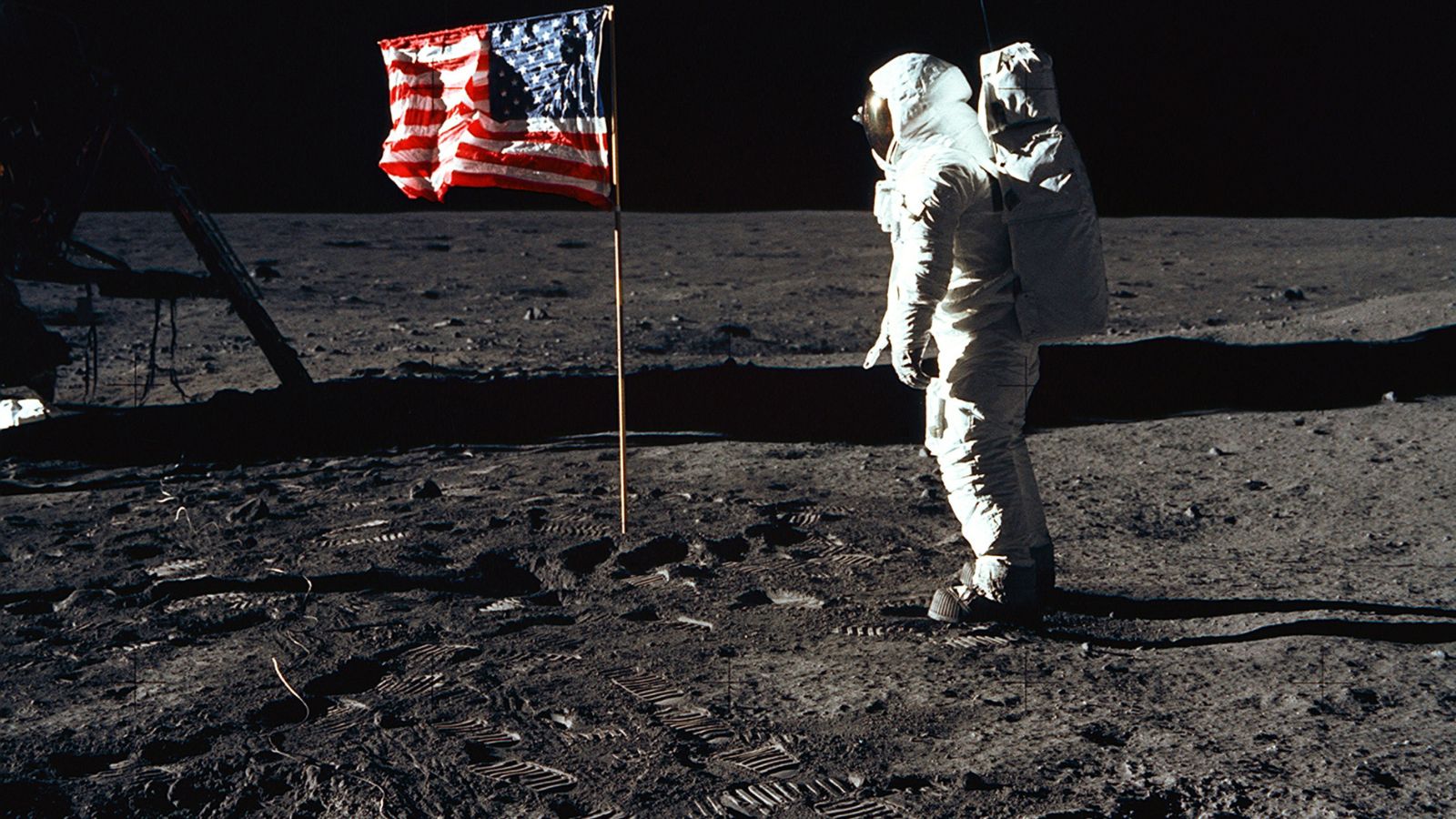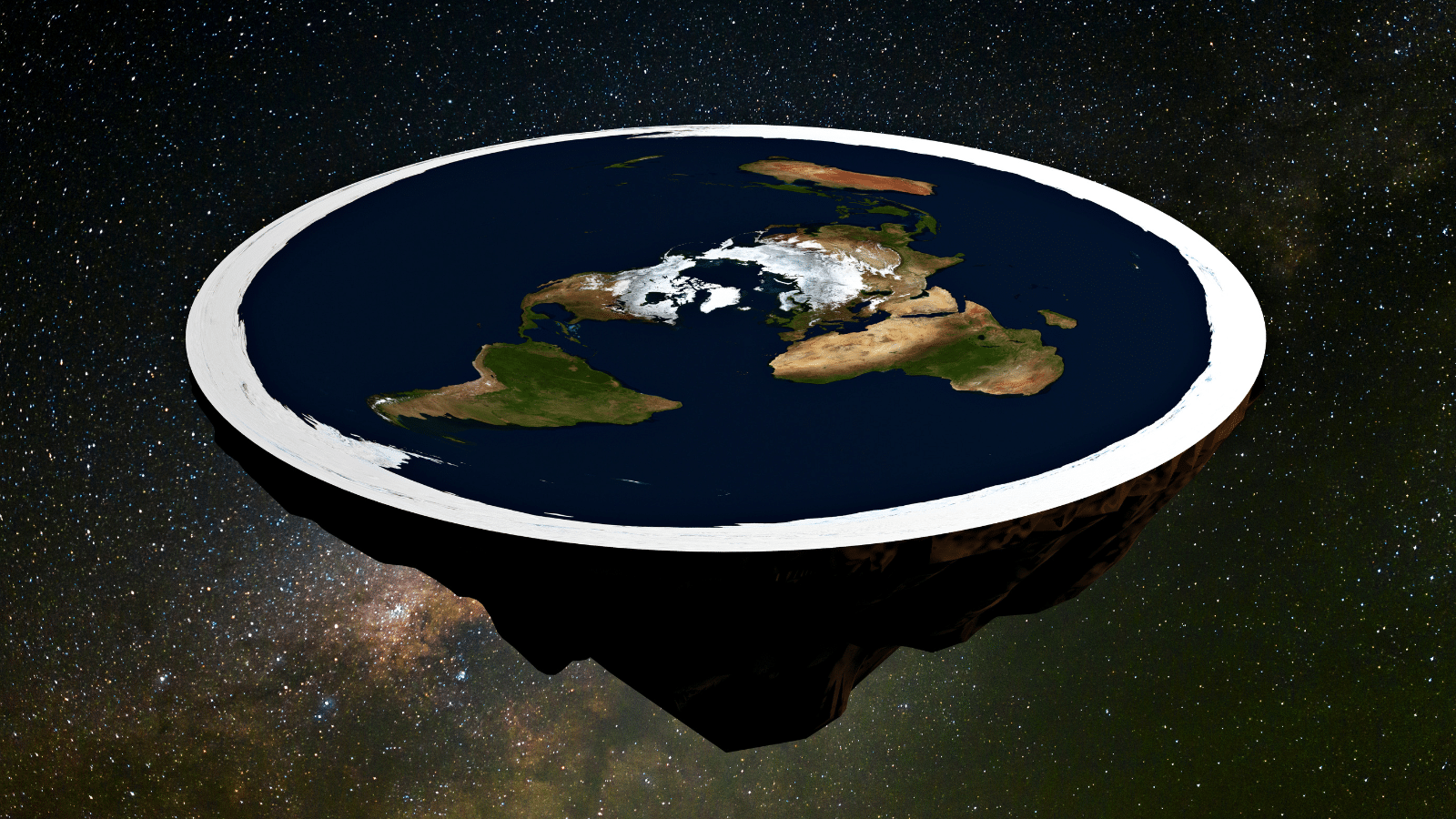As the upcoming solar eclipse approaches, a surge of conspiracy theories has captured the public’s imagination. This celestial event, while scientifically fascinating, has also become a fertile ground for speculations about impending doom and secret government activities. Let’s delve into some of these theories and their broader implications.

The Eclipse as an Omen of Doom
One prevalent theory posits that the solar eclipse is a harbinger of catastrophic events. Proponents of this view believe that the alignment of the sun and moon portends natural disasters, such as earthquakes or volcanic eruptions. They argue that past eclipses have coincided with significant geological or climatic events, suggesting a cosmic connection.
Secret Government Activities
Another widespread theory suggests that the eclipse is being used by governments to conduct secret activities under the cover of darkness. This notion ties into broader narratives about shadowy government operations and the manipulation of natural events for strategic purposes. For instance, some theorists claim that military operations or covert projects are timed to coincide with the eclipse to avoid detection.
Astronomical Events and Global Politics
Beyond natural disasters and secret activities, some conspiracy theories link the solar eclipse to global political changes. These theories often draw on historical examples where astronomical events were seen as omens for political upheaval. In this context, the upcoming eclipse is viewed as a signal for major political shifts or conflicts, potentially orchestrated by powerful global entities.
The Role of Social Media
Social media platforms have played a crucial role in spreading these theories. Platforms like Facebook and Twitter are rife with discussions and speculative posts about the eclipse. The rapid dissemination of information, coupled with the echo chamber effect, amplifies these theories, making them more pervasive and harder to debunk.
Scientific Perspective
From a scientific standpoint, solar eclipses are well-understood phenomena. They occur when the moon passes between the Earth and the sun, casting a shadow on the Earth. Scientists use eclipses to study the sun’s corona, test general relativity, and engage the public in astronomy. Despite the scientific clarity, the mystery and awe associated with eclipses continue to fuel conspiracy theories.
Conclusion
The upcoming solar eclipse is a reminder of the enduring power of celestial events to captivate and mystify us. While science provides clear explanations, the human tendency to seek deeper, often hidden meanings persists. As we approach this astronomical event, it’s essential to balance wonder with skepticism and rely on credible sources to navigate the myriad of theories that emerge.




